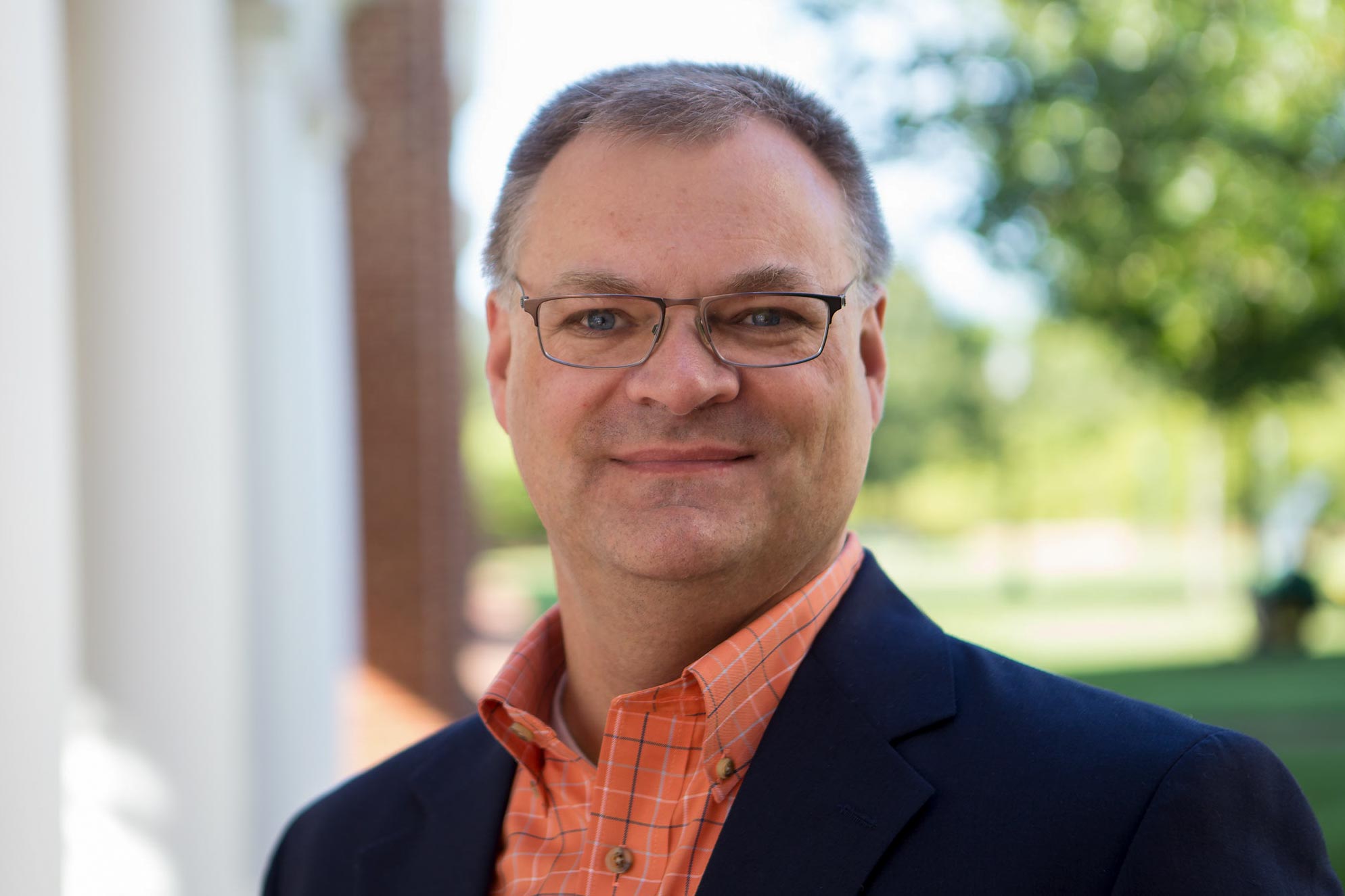Q. How can changing the term from “quiet quitting” to “calibrated contributing” lead to improvements in the workplace?
A. If managers can acknowledge that calibrated contributing is, in many cases, rational behavior in response to the terms of employment they’re offering, then they can start to own the responsibility to do something productive about it. That might involve improving factors like pay levels and benefits. Or changing some core job characteristics like granting more autonomy in regard to when and where people work, or making people’s work more interesting by expanding its variety or scope of responsibility. Or getting serious about measuring and holding people accountable – including managers and others with high status – for how they treat each other interpersonally. We have hundreds and hundreds of studies that show that how your boss treats you and how your co-workers treat each other are massive influences on job satisfaction and quitting.
If we stopped laying the blame at the foot of the worker by saying “They’re lazy” or “People today have different values,” we could start focusing on, “What are we doing that’s causing this?” And, then, “How do we get serious about fixing this?’”
Q. If the quiet quitting concept has been around for a long time, what’s caused it to be more pronounced recently?
A. There’s always a general tension between owners (and the managers who work for them) and labor (non-management employees of all types) in terms of who has control over the conditions of work and who gets more or less of the profits that are produced. We know that, starting in the 1970s and ’80s, in this country, we have moved toward a much greater share of the spoils going to those at the very top. There are many reasons for this – attitudinal shifts among those in power, globalization, declining union rates. We now have one of the most unequal income distributions, and one of the lowest federal minimum wages, of any economically advanced economy.
We have also decreased, rather than increased, the “social safety net” in this country compared to comparable economies. We’re now nowhere close to the front on basic provisions for people, whether it’s affordable health care, retirement benefits, or other things that make people feel secure and good about what they’re getting for all of their hard work.
So, it’s not surprising that, at some point, there was a snapback effect. What I think happened was the pandemic essentially became the straw that has triggered this breaking point. We’re seeing both increased unionization activity and more support for unions among the general public than there has been for the last 60 or 70 years.
So, I think the pandemic, coupled with decades of things going in the wrong direction for the average employee, led to this recalibration.











